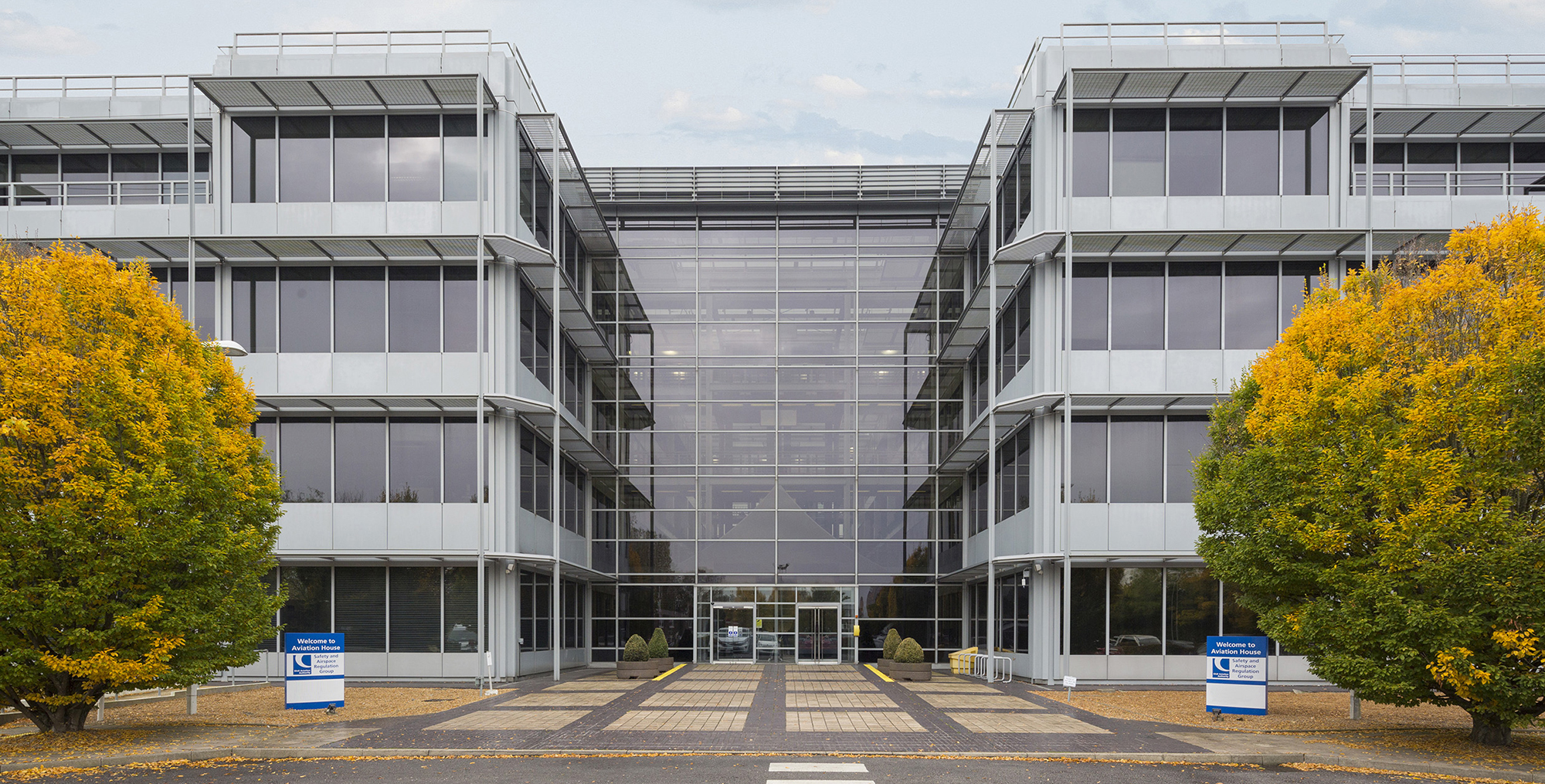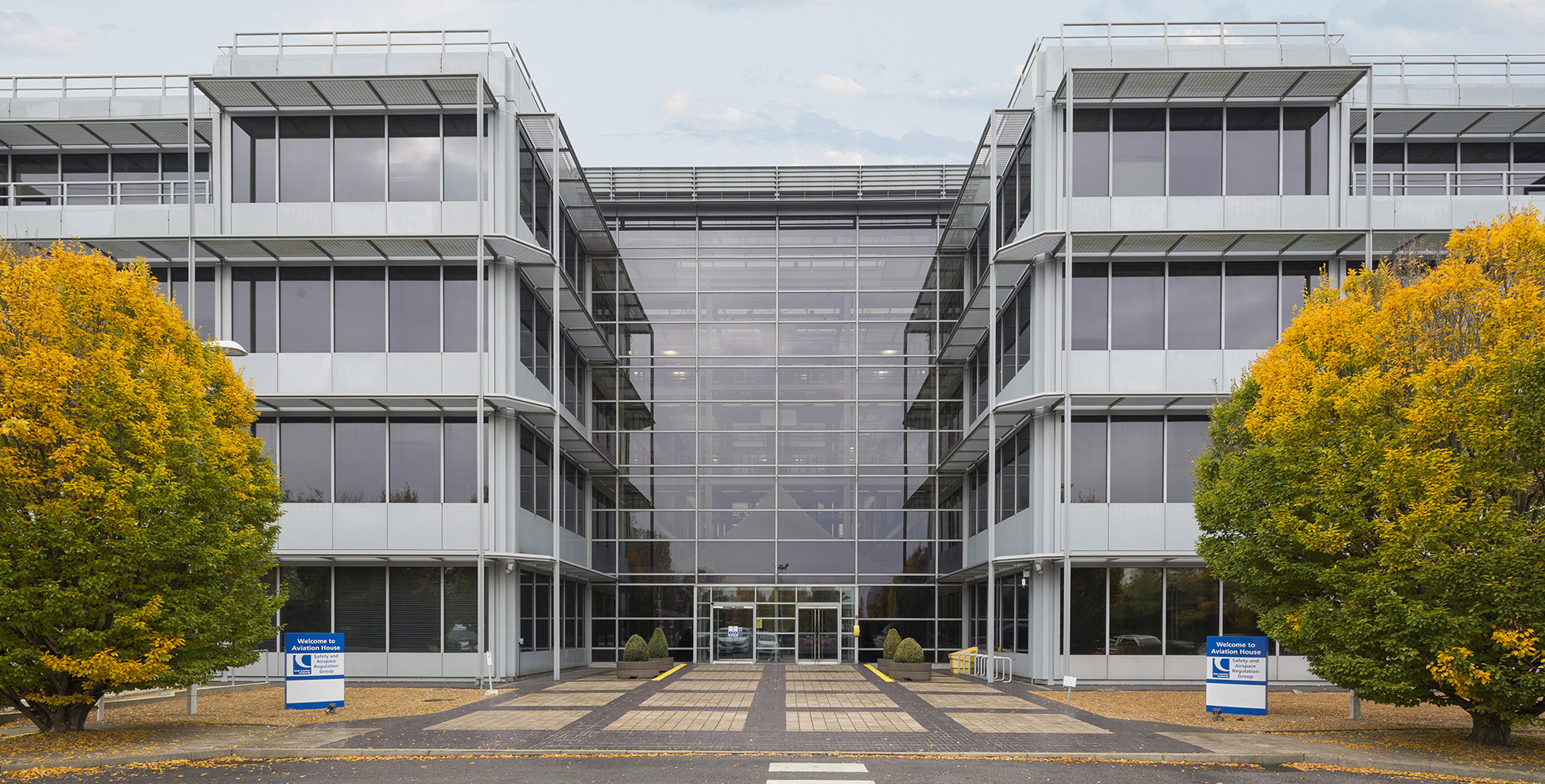News
Blogs
Contact the Corporate Communications Team
The UK Civil Aviation Authority provides a 24 hour, 365 days a year service for journalists and media professionals.
At the UK Civil Aviation Authority, we work to build strong and constructive relationships with journalists and stakeholders interested in aviation and aerospace.
Newsdesk
Email: press.office@caa.co.uk
Telephone: 0333 103 6000 (09:00 - 17:00 Monday to Friday)
From outside the UK: +44 333 103 6000
Urgent out of hours media enquiries: 07789 745 636 (outside office hours and during UK public holidays)
The press office team are not able to assist with consumer enquiries. If you are a consumer seeking support please visit 'How the CAA can help' for further information.





